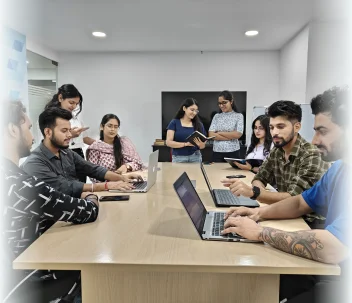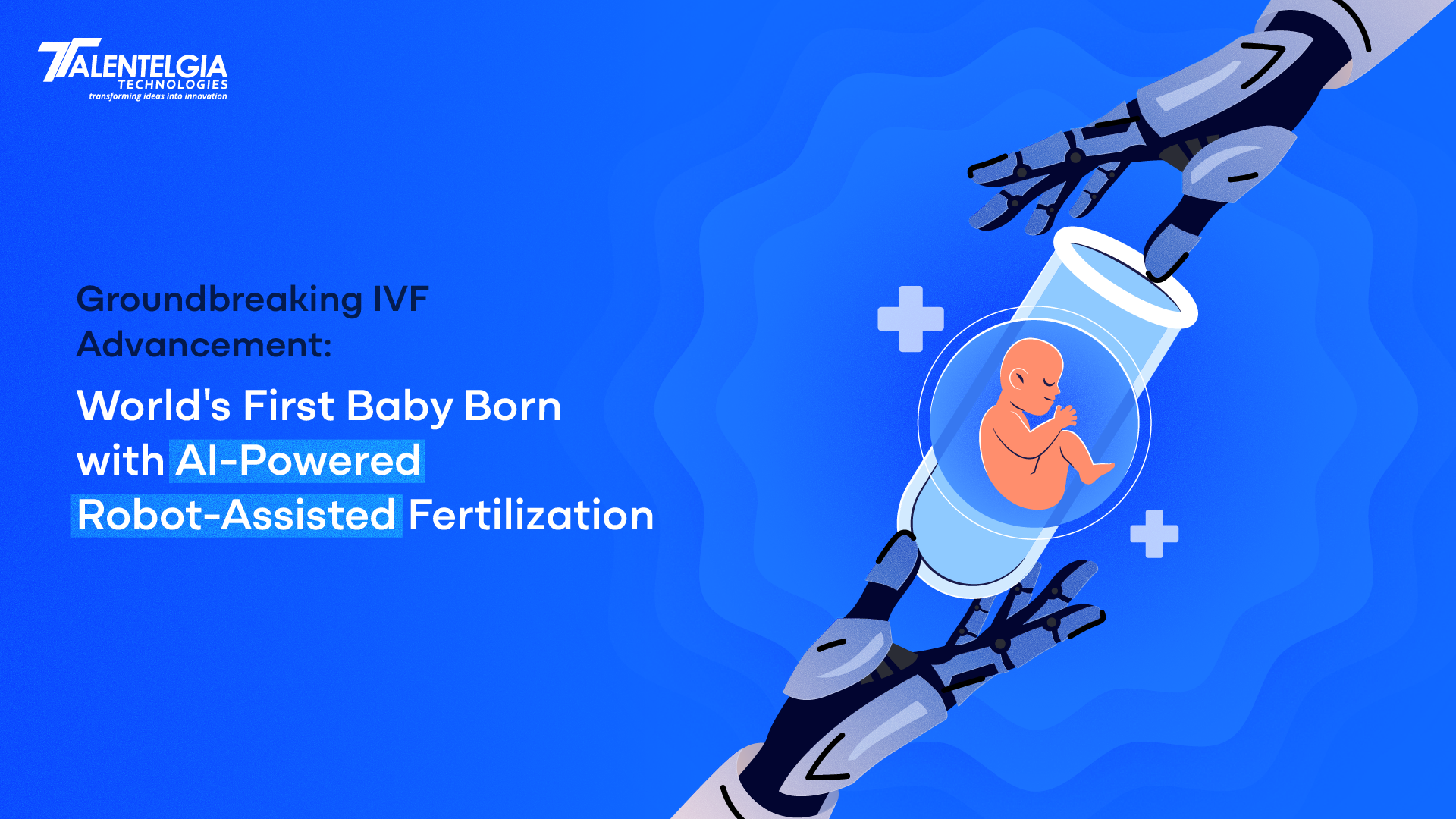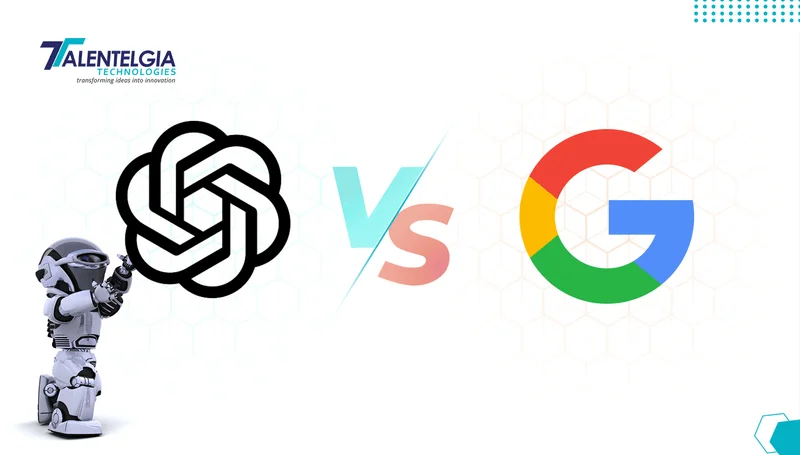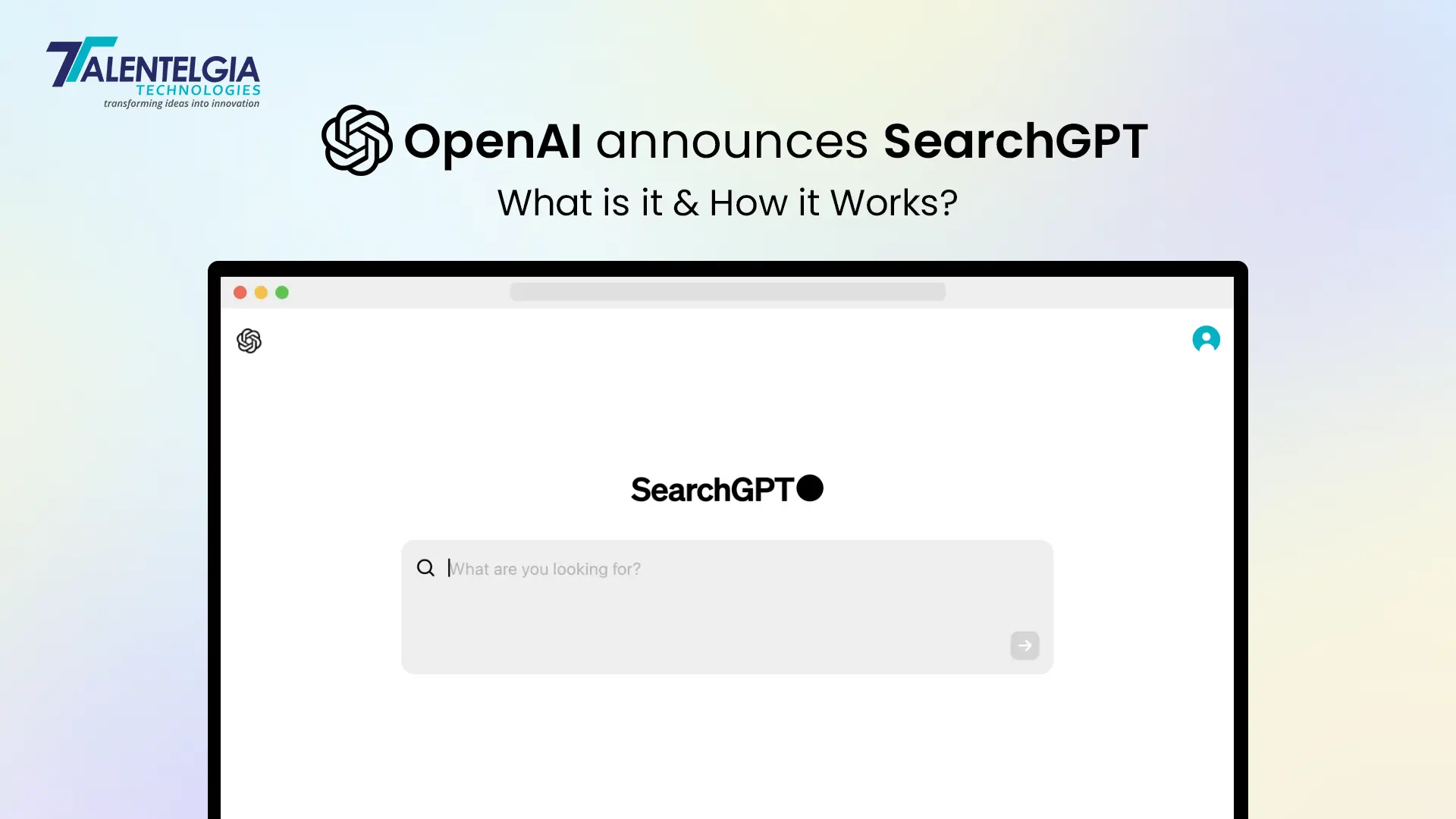In a revolutionary leap for reproductive science, researchers have successfully employed a sperm-injecting robot to help conceive a child, paving the way for the first human birth via robot-assisted In Vitro Fertilisation (IVF). The milestone procedure was on a 40-year-old woman and utilized artificial intelligence (AI) to automate one of the most sensitive processes in the process of fertilisation. The innovation can transform fertility treatments and increase accessibility and success rates worldwide.
Revolutionizing IVF: The Future of Assisted Reproduction through AI
The surgical procedure was carried out in Guadalajara, Mexico, and used an artificial intelligence robotic system to perform Intracytoplasmic Sperm Injection (ICSI) – a unique IVF procedure in which a single sperm is injected directly into an egg. Traditional ICSI is an incredibly fragile manual procedure that requires the embryologist to undergo years of training, as well as have steady hands. But by roboticating the procedure, scientists hope to reduce human error and standardize results, bringing hope to millions struggling with fertility issues.
The technology, created by biotech company Conceivable Life Sciences, is a robotic system programmed to carry out the ICSI process with utmost accuracy. Operated remotely from Hudson, New York, the machine performed 23 complex steps—like choosing live sperm, immobilizing it, and injecting it into an egg—with minimal human interference.
Of five eggs fertilized through this robot-aided process, four grew into embryos. While the initial embryo failed to implant, the second gave rise to a healthy baby boy, who made news as the world’s first robot-assisted child born through IVF.
What Is Intracytoplasmic Sperm Injection (ICSI)?
ICSI is a standard IVF technique, particularly where there is male infertility or where previous fertilisation has not been successful. In normal IVF, sperm and egg are combined in a laboratory dish, and fertilisation happens by chance. With ICSI, a single sperm is injected into the egg, with a much higher probability of successful fertilisation, each stage of the procedure being carried out very cautiously and deliberately under ultra-magnified vision.
But as Dr. Erkan Buyuk, a reproductive endocrinologist who was not part of the study, explained, the ICSI process is often foiled by human inconsistency. “It requires high precision. Even small inconsistencies can lead to fertilisation failure or damage to the egg,” he said. Automating the process would therefore significantly improve reliability, consistency, and eventually, the overall success rate.
AI-Based Fertility: Minimizing Mistakes and Maximizing Outcomes
The AI-assisted robot designed by Conceivable Life Sciences is programmed to perform every step of the ICSI procedure with surgical accuracy. Co-founder and Chief Medical Officer Dr. Alejandro Chavez-Badiola described how the system applies artificial intelligence to assess sperm motility and embryo viability. Humans remain in charge of critical functions such as choosing sperm and directing injection steps, but the mechanical function is performed by the robot exclusively.
Notably, while the procedure is now longer than conventional ICSI, the robotic procedure has shown incredibly high success rates, with four out of five eggs developing into viable embryos in this pilot exercise.
Major benefits of the technology are:
- Less human error during the process of fertilisation
- Enhanced consistency in sensitive microinjection procedures
- Less risk of egg damage owing to precision-controlled motion
- Greater access to higher-level fertility care, especially for under-resourced environments
Future Implications for IVF and Reproductive Medicine
This robot ICSI system is not only a technical wonder—it marks a milestone in the way that fertility treatments will be delivered in the future. By streamlining one of the most complicated aspects of IVF, automation would reduce costs, increase success rates, and extend procedures to more couples globally.
“Automation can revolutionize how IVF is provided, especially in the third world or those areas where they don’t have enough skilled embryologists,” quoted Dr. Emily Jungheim, a reproductive endocrinology specialist. She insisted on the continuity of safety trials but concurred that the technology holds much potential.
The team that developed the robotic system is currently developing it further to make it faster and more efficient without compromising on high safety levels. They see the day when the entire process of ICSI could be end-to-end automated from sperm selection to embryo culture, although human oversight will always be essential for clinical judgment and ethics.
A New Frontier in Fertility Treatment
Birth by robot-facilitated fertilisation is not only a medical breakthrough, but a peek at the future of reproductive medicine. With increasing infertility rates worldwide and IVF demand on the increase, technologies like automated ICSI are poised to become essential pieces of equipment in the reproductive medicine arsenal.
The effective application of robotics and AI in the sensitive process of sperm injection may open the door to quicker, safer, and more affordable fertility treatments that can benefit millions of couples and enable them to fulfill their desire to have a child.
With the advancement in AI development and regulatory agencies evaluating its consequences, this much is certain: the future of IVF is not only human—it’s robotic.


 Healthcare App Development Services
Healthcare App Development Services
 Real Estate Web Development Services
Real Estate Web Development Services
 E-Commerce App Development Services
E-Commerce App Development Services E-Commerce Web Development Services
E-Commerce Web Development Services Blockchain E-commerce Development Company
Blockchain E-commerce Development Company
 Fintech App Development Services
Fintech App Development Services Fintech Web Development
Fintech Web Development Blockchain Fintech Development Company
Blockchain Fintech Development Company
 E-Learning App Development Services
E-Learning App Development Services
 Restaurant App Development Company
Restaurant App Development Company
 Mobile Game Development Company
Mobile Game Development Company
 Travel App Development Company
Travel App Development Company
 Automotive Web Design
Automotive Web Design
 AI Traffic Management System
AI Traffic Management System
 AI Inventory Management Software
AI Inventory Management Software
 AI Software Development
AI Software Development  AI Development Company
AI Development Company  AI App Development Services
AI App Development Services  ChatGPT integration services
ChatGPT integration services  AI Integration Services
AI Integration Services  Generative AI Development Services
Generative AI Development Services  Natural Language Processing Company
Natural Language Processing Company Machine Learning Development
Machine Learning Development  Machine learning consulting services
Machine learning consulting services  Blockchain Development
Blockchain Development  Blockchain Software Development
Blockchain Software Development  Smart Contract Development Company
Smart Contract Development Company  NFT Marketplace Development Services
NFT Marketplace Development Services  Asset Tokenization Company
Asset Tokenization Company DeFi Wallet Development Company
DeFi Wallet Development Company Mobile App Development
Mobile App Development  IOS App Development
IOS App Development  Android App Development
Android App Development  Cross-Platform App Development
Cross-Platform App Development  Augmented Reality (AR) App Development
Augmented Reality (AR) App Development  Virtual Reality (VR) App Development
Virtual Reality (VR) App Development  Web App Development
Web App Development  SaaS App Development
SaaS App Development Flutter
Flutter  React Native
React Native  Swift (IOS)
Swift (IOS)  Kotlin (Android)
Kotlin (Android)  Mean Stack Development
Mean Stack Development  AngularJS Development
AngularJS Development  MongoDB Development
MongoDB Development  Nodejs Development
Nodejs Development  Database Development
Database Development Ruby on Rails Development
Ruby on Rails Development Expressjs Development
Expressjs Development  Full Stack Development
Full Stack Development  Web Development Services
Web Development Services  Laravel Development
Laravel Development  LAMP Development
LAMP Development  Custom PHP Development
Custom PHP Development  .Net Development
.Net Development  User Experience Design Services
User Experience Design Services  User Interface Design Services
User Interface Design Services  Automated Testing
Automated Testing  Manual Testing
Manual Testing  Digital Marketing Services
Digital Marketing Services 
 Ride-Sharing And Taxi Services
Ride-Sharing And Taxi Services Food Delivery Services
Food Delivery Services Grocery Delivery Services
Grocery Delivery Services Transportation And Logistics
Transportation And Logistics Car Wash App
Car Wash App Home Services App
Home Services App ERP Development Services
ERP Development Services CMS Development Services
CMS Development Services LMS Development
LMS Development CRM Development
CRM Development DevOps Development Services
DevOps Development Services AI Business Solutions
AI Business Solutions AI Cloud Solutions
AI Cloud Solutions AI Chatbot Development
AI Chatbot Development API Development
API Development Blockchain Product Development
Blockchain Product Development Cryptocurrency Wallet Development
Cryptocurrency Wallet Development About Talentelgia
About Talentelgia  Our Team
Our Team  Our Culture
Our Culture 
 Healthcare App Development Services
Healthcare App Development Services Real Estate Web Development Services
Real Estate Web Development Services E-Commerce App Development Services
E-Commerce App Development Services E-Commerce Web Development Services
E-Commerce Web Development Services Blockchain E-commerce
Development Company
Blockchain E-commerce
Development Company Fintech App Development Services
Fintech App Development Services Finance Web Development
Finance Web Development Blockchain Fintech
Development Company
Blockchain Fintech
Development Company E-Learning App Development Services
E-Learning App Development Services Restaurant App Development Company
Restaurant App Development Company Mobile Game Development Company
Mobile Game Development Company Travel App Development Company
Travel App Development Company Automotive Web Design
Automotive Web Design AI Traffic Management System
AI Traffic Management System AI Inventory Management Software
AI Inventory Management Software AI Software Development
AI Software Development AI Development Company
AI Development Company ChatGPT integration services
ChatGPT integration services AI Integration Services
AI Integration Services Machine Learning Development
Machine Learning Development Machine learning consulting services
Machine learning consulting services Blockchain Development
Blockchain Development Blockchain Software Development
Blockchain Software Development Smart contract development company
Smart contract development company NFT marketplace development services
NFT marketplace development services IOS App Development
IOS App Development Android App Development
Android App Development Cross-Platform App Development
Cross-Platform App Development Augmented Reality (AR) App
Development
Augmented Reality (AR) App
Development Virtual Reality (VR) App Development
Virtual Reality (VR) App Development Web App Development
Web App Development Flutter
Flutter React
Native
React
Native Swift
(IOS)
Swift
(IOS) Kotlin (Android)
Kotlin (Android) MEAN Stack Development
MEAN Stack Development AngularJS Development
AngularJS Development MongoDB Development
MongoDB Development Nodejs Development
Nodejs Development Database development services
Database development services Ruby on Rails Development services
Ruby on Rails Development services Expressjs Development
Expressjs Development Full Stack Development
Full Stack Development Web Development Services
Web Development Services Laravel Development
Laravel Development LAMP
Development
LAMP
Development Custom PHP Development
Custom PHP Development User Experience Design Services
User Experience Design Services User Interface Design Services
User Interface Design Services Automated Testing
Automated Testing Manual
Testing
Manual
Testing About Talentelgia
About Talentelgia Our Team
Our Team Our Culture
Our Culture

















 Write us on:
Write us on:  Business queries:
Business queries:  HR:
HR: 




